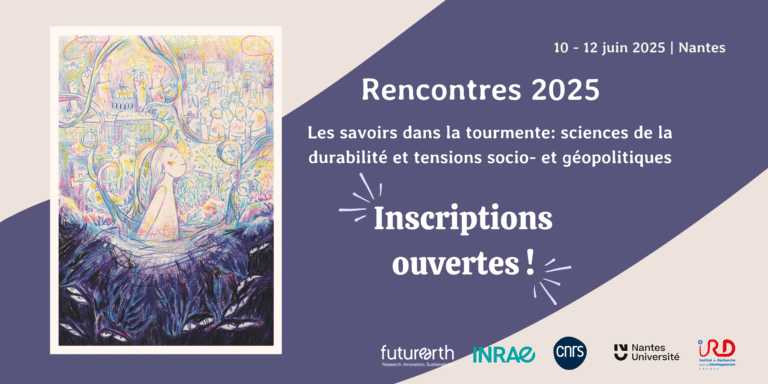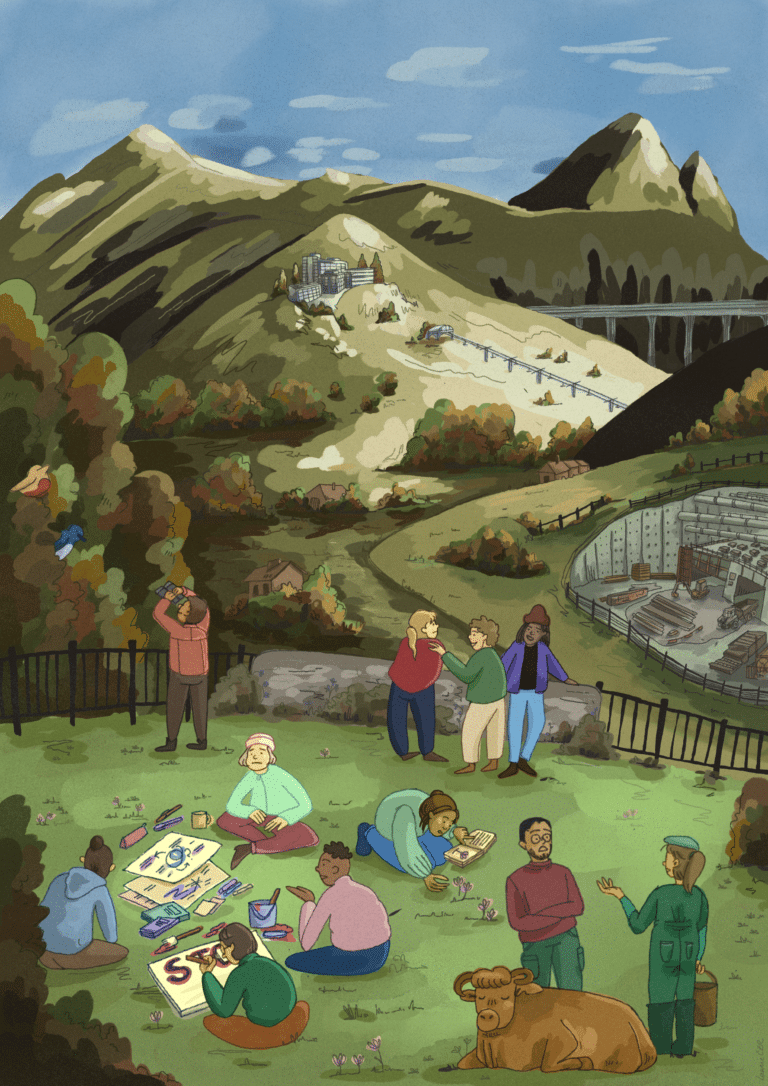Once considered a fringe idea, Rights of Nature (RoN) have gained significant traction over the past two decades, evolving from a theoretical concept to a legal reality. Initially driven by indigenous activism in the Global South, RoN has since influenced legal frameworks in the Global North, with recent national and local-level enactments in the US and the EU.
RoN is often presented as having high transformative potential: countering the financialization of nature, positioning civil society as its protector, and most crucially, challenging anthropocentric legal paradigms allowing nature to be defended in court as a rights-bearing entity rather than solely for human benefit. However, while some cases have empowered indigenous and local communities to defend their territories, others have struggled with legal ambiguity and enforcement issues.
These challenges arise as their provisions remain too symbolic and vague to be effectively applied. This has sparked debate on whether RoN have the potential to be a transformative process or if they are merely superficial measures that fail to address underlying systemic issues. Researchers across disciplines have, therefore, studied the Rights of Nature and contributed to their implementation with local communities in numerous regions. By drawing on these experiences in this forum, we seek to better understand RoN’s potential for transformation and the role of science in shaping it.
Three case studies will be presented and discussed. Jenny García Ruales will explore how scientific knowledge can support Indigenous communities in the Ecuadorian Amazon as they work towards establishing RoN. Then, Victor David will report his experience working on a rare application of RoN within European legal systems in the Loyalty Islands in New Caledonia. Lastly, Edgar Mora will provide insights as a policymaker who has implemented multispecies-based governance strategies and secured political recognition for bees, bats, hummingbirds, and butterflies as citizens of Curridabat.
Speakers
Jenny García Ruales – Doctoral candidate in Anthropology at the Philipps University of Marburg & Max Planck Institute for Social Anthropology (Germany). Research Coordinator of the Amazon of Rights Project. For More.
Victor David – Researcher in environmental law and sustainable development at Institut Méditerranéen de Biodiversité et d’Ecologie (IRD, France).
Edgar Mora – Political activist and former mayor of Curridabat, 2007-2018, and former Minister of Education (Costa Rica)
Date
This forum will take place on Thursday June 19 2025 from 4pm to 6pm CEST ! It is online and you can sign up to this webinar by clicking on the following link :
Register here !
The Pathways Forum is a bi-monthly online event for researchers from diverse disciplines. It targets those engaging or interested in engaging with societal actors in adaptive learning processes. These processes aim to design, implement, and evaluate pathways that support sustainability goals. The forum offers space to reflect on concepts and theories of change in sustainability science. It also explores practical implications of transdisciplinary research methods and sustainability science for real-world practices. The Pathways Initiative runs this webinar series to support agenda-setting, synthesis, and capacity building. Its goal is to advance knowledge and collaboration around pathways for sustainability. If you are interested in our previous forums, you can find them on our website or our YouTube Channel!








